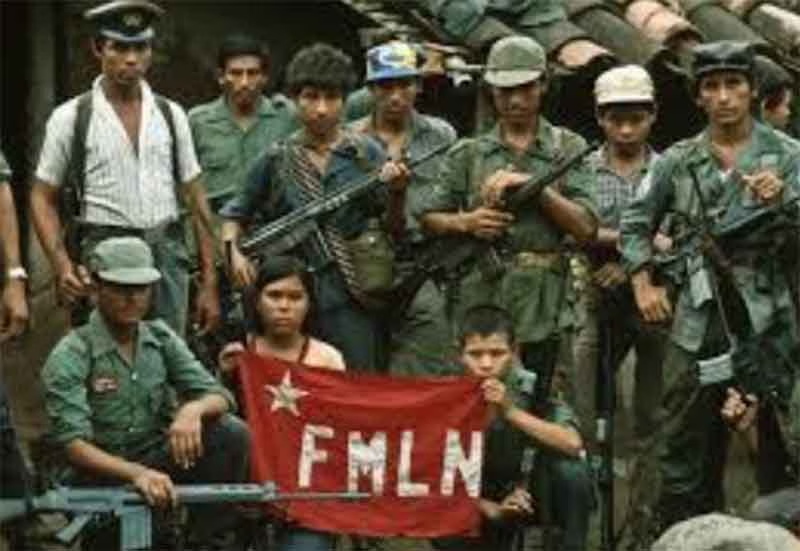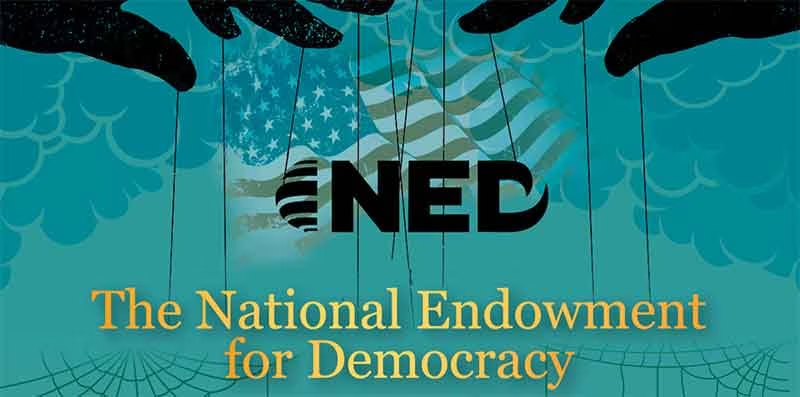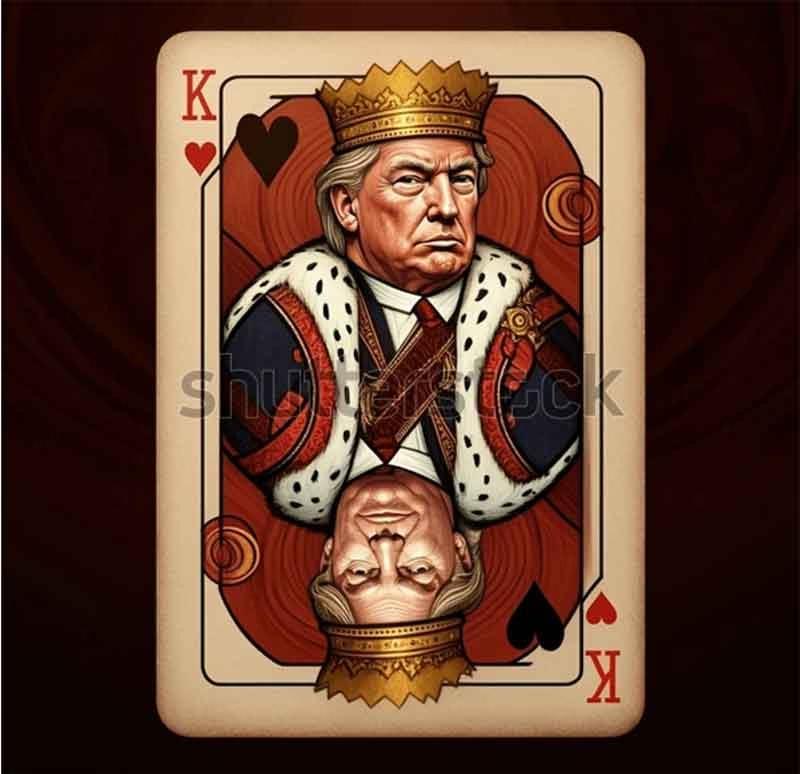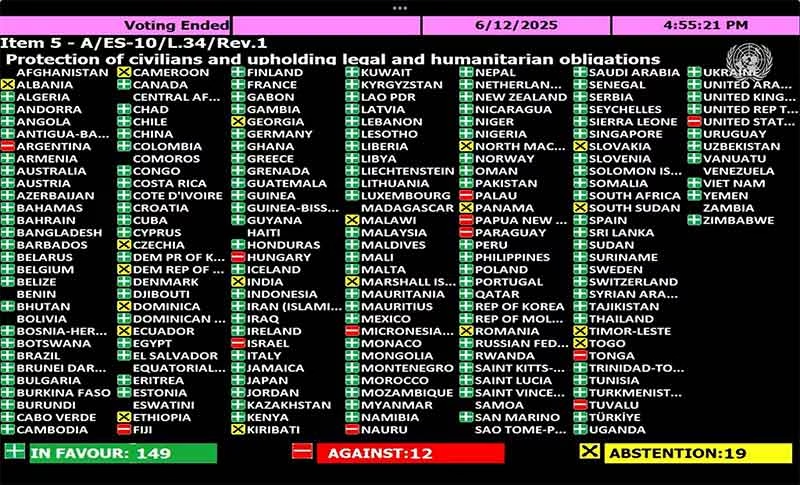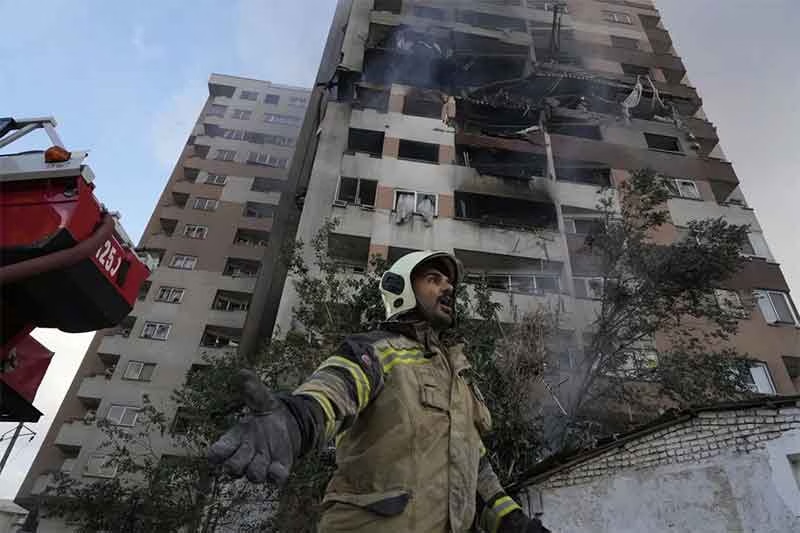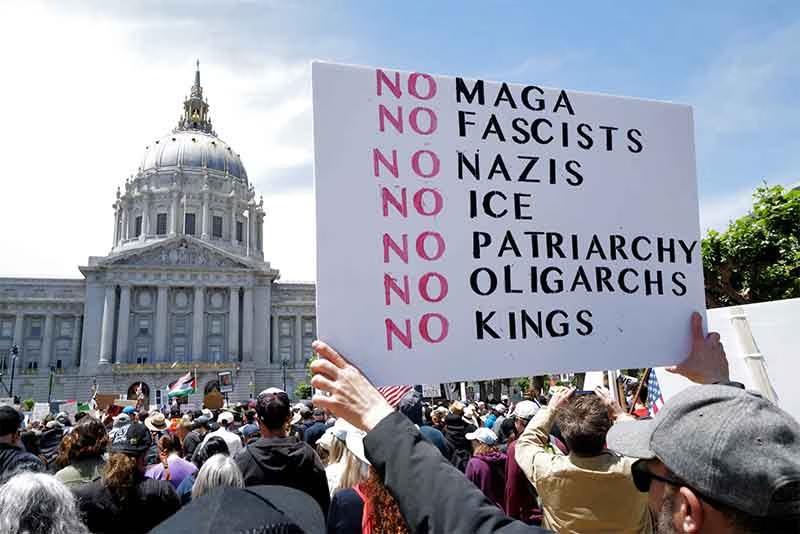by Francisco Dominguez and Roger D. Harris
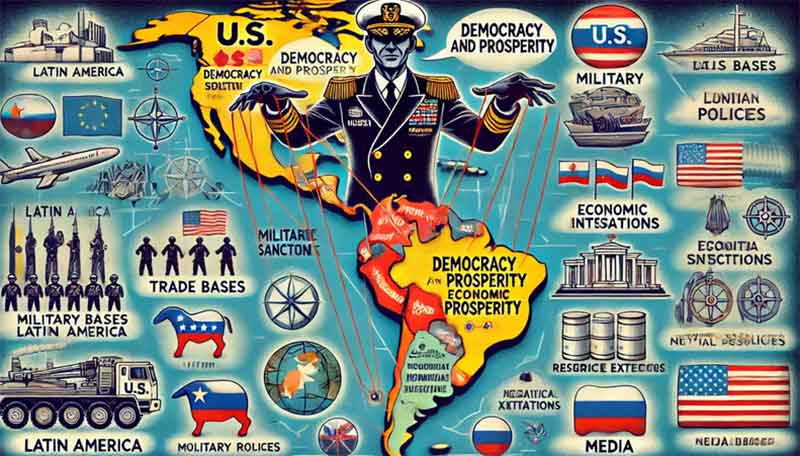
Admiral Alvin Holsey demonstrated selective outrage over the fear of multipolarity in the Western Hemisphere. The Southcom commander confirmed the official US military doctrine for the Latin American and Caribbean (LAC) region on February 13, before the Senate Armed Services Committee.
In a poorly disguised assertion of US hegemony, Holsey envisioned, “an enduring commitment to democratic principles…to engender security, capability, democratic norms, and resilience that fuel regional peace, prosperity, and sovereignty.”
Foremost of the “threats to this vision” is the “methodical incursion into the region” by China, secondarily by Russia, and a distant third by Iran.
Holsey charged China with a “long-term global campaign to become the world’s dominant strategic power in the Western Hemisphere” and Russia with continuing support for “anti-American authoritarian regimes.” Meanwhile, the “theocratic regime” in Iran, “seeks to build political, military, and economic clout in Latin America… where it believes cooperation is achievable.”
These “malign actions,” Holsey argued, run against US national interests, threaten our sovereignty, and pose a “global risk.” Not questioned, of course, is the US presence in the region as part of Washington’s official “full spectrum [world] dominance” posture.
Rather, he lauded US regional military programs such as the International Military Education and Training program spanning 27 regional countries and the Joint Exercise Program with over 10,000 participants from 38 countries.
Unlike the US with 76 regional military bases, neither China nor Russia has formal alliances, joint command structures, or large-scale military agreements in the region. In contrast, Colombia is a NATO “global partner,” Argentina and Brazil are “major non-NATO Allies,” and Chile is a key cooperator with NATO. The US is making Guyana a military hotspot, while the US occupation of Cuba with the Guantánamo naval base is rendered invisible.
Holsey also cited humanitarian assistance as “an essential soft power tool,” later adding “with empathy and compassion at the forefront.”
The admiral’s double-speak continued with the claim that the Western Hemisphere suffers from an “erosion of democratic capitalism, which in too many countries is being replaced by…authoritarianism.” Not mentioned is the recent US support of Boluarte in Peru or Añez in Bolivia.
China is accused of interfering in “our south,” a new euphemism of “our backyard,” but with the same chauvinistic implications. Holsey testified that Chinese presence “at strategic chokepoints such as the Panama Canal imperil the US’s ability to rapidly respond in the Indo-Pacific should a crisis unfold.” Might such a contingency include US military deployment to the Asia-Pacific, which has been the practice since at least 2003?
The admiral charged China’s Belt and Road Initiative (BRI) with doing what the US has consistently failed to do; namely going “beyond raw materials and commodities to include” infrastructure improvements.
Holsey lauded the region’s abundant natural resources (e.g., 25% of the world’s strategic metals). That these are resources which US multinationals have been pillaging, leaving little in return, remained unstated.
Meanwhile, China is accused of chicanery by providing benevolent short-term benefits to leave regional countries “vulnerable to unsustainable debt, environmental degradation, and informational security risks.” In fact, no country “owes Chinese creditors more than it owes other major creditors.”
And what are the security risks? Satellites for Venezuela and Bolivia? DeepSeek? Technology transfer? Millions of anti-COVID vaccines?
Outlandishly, the admiral asserted that “the malign activities, harmful influence, and autocratic philosophy of China are a direct threat to the democratic will.” In contrast, he claims the US “offers economic prosperity, sustainable development, and true partnership.” This would be laughable if it weren’t so tragically false. Consider Haiti under US domination where the country is in ruins and any pretence of democratic elections has long been dropped.
Holsey’s concern with Russia’s “state-controlled media” is, however, far eclipsed by the 6,200 journalists and the 707 non-state media outlets in more than 30 countries financed by USAID.
Holsey reported that transnational criminal organizations (TCOs) engaged in drug trafficking are connected to the “death of thousands of US citizens.” Not only that but, “TCO-driven corruption and instability open space for China, Russia, and other malign actors to achieve strategic ends and further their agendas.”
Yet, as Mexican President Claudia Sheinbaum noted, organized crime and drug distribution are prevalent within the US itself, which is the largest market for illicit drugs and the source of most weapons used by the cartels to the south.
Nicaragua is accused of harbouring a global positioning system, a vaccination plant, and a police academy, all of which are collaborations with Russia, which – horrors – “enjoys the diplomatic status of an embassy.”
“Instead of addressing the ongoing humanitarian crises,” Cuban is accused of “strengthening ties with our Strategic Competitors and adversaries.” Hypocritically, he mourns: “The long-suffering populace does not have sufficient access to medicine, food, and essential services.”
Outrageously omitted are the effects of draconian Yankee unilateral coercive measures (aka sanctions) on what Holsey calls the “ideological acolytes” of Russia. His narrative blames the victims for the severe consequences of Washington’s sanctions imposed to deliberately produce what the admiral laments.
“Time is not on our side” were the possibly prescient words by the commander of Southcom to the senators about the LAC region, which is “on the front lines of a decisive and urgent contest to define the future of our world.”
Subscribe to Our Newsletter
Get the latest CounterCurrents updates delivered straight to your inbox.
This may be because the US is not prepared to accept that sovereign and independent nations enter into beneficial trade agreements about their raw materials and infrastructure and join multipolar bodies such as BRI and BRICS. The ultimate logic of US policy is to prevent the region from being part of a multipolar world. As the admiral admitted, “we have redoubled our efforts to nest military engagement with diplomatic, informational and economic initiatives.”
Francisco Dominguez is the national secretary of the UK-based Venezuela Solidarity Campaign, Roger D. Harris is with the Task Force on the Americas, the US Peace Council, and the Venezuela Solidarity Network, based in North America.


